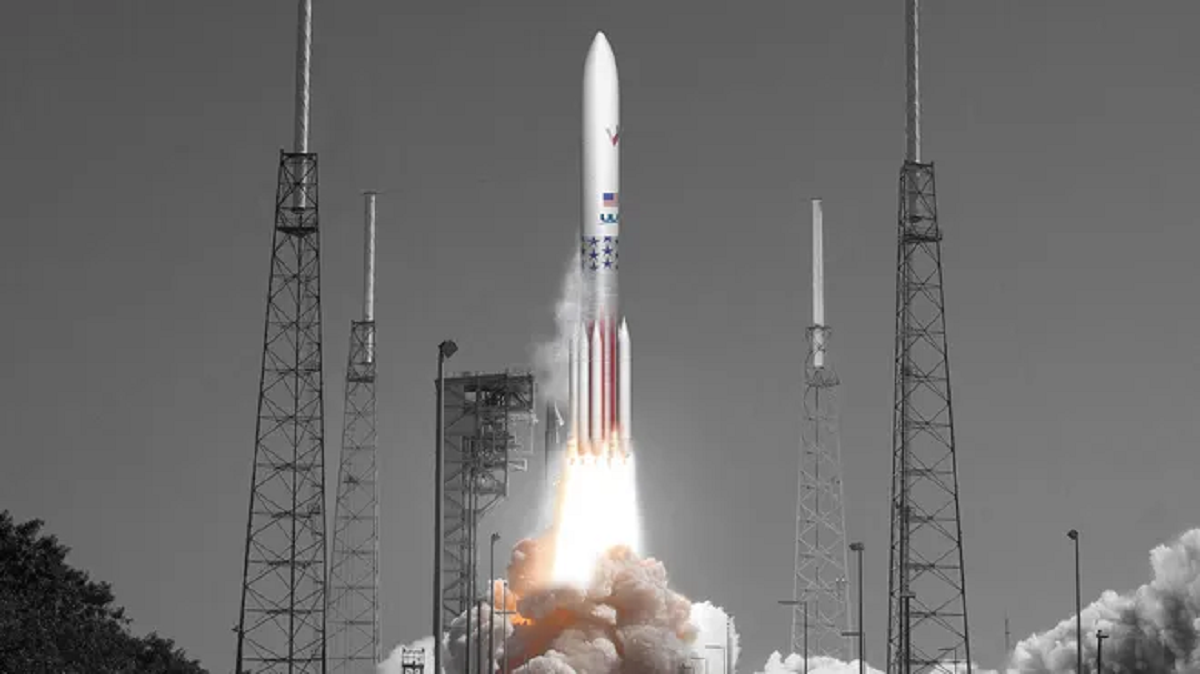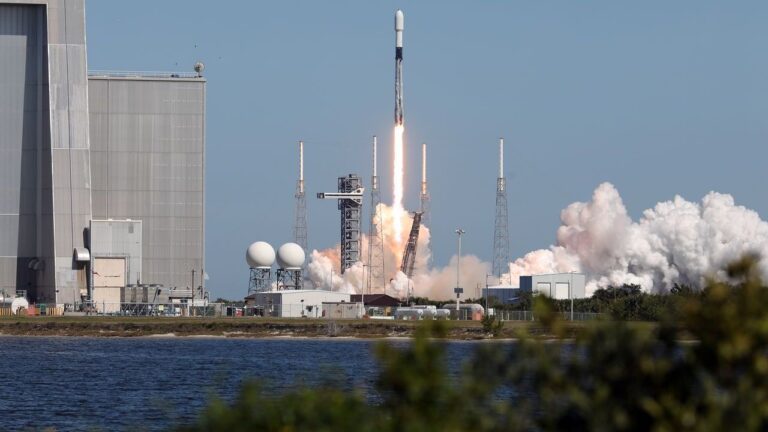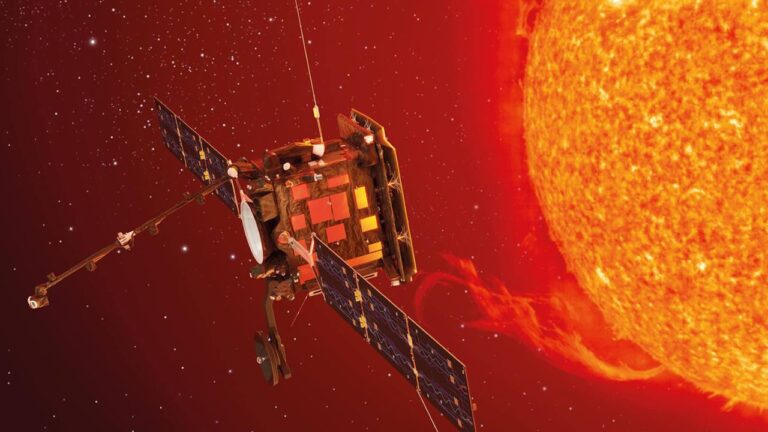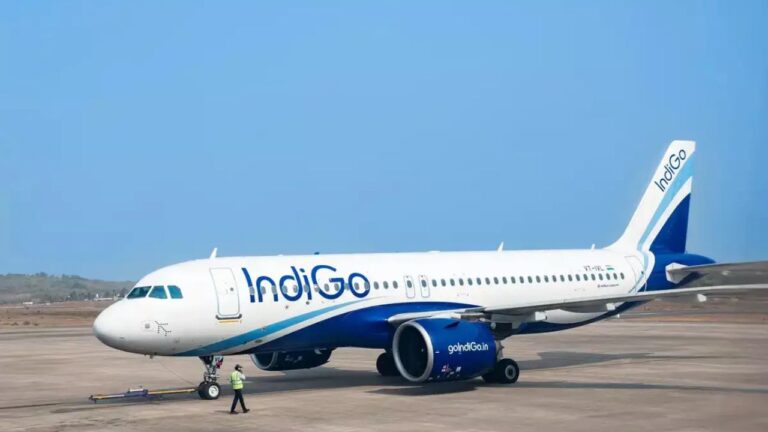
The U.S. Space Force has awarded significant contracts to Blue Origin, SpaceX, and United Launch Alliance (ULA) under the National Security Space Launch (NSSL) Phase 3 launch services program. Announced on June 13, these contracts could be worth up to $5.6 billion over the next five years.
The contracts will see the three companies competing for individual launch orders from fiscal year 2025 to 2029. At least 30 NSSL Lane 1 missions are expected to be up for competition during this period, with each mission ordered up to two years in advance.
Blue Origin Breaks Into National Security Launch Market
The NSSL Phase 3 contract is particularly notable for Blue Origin, as it marks the first time the company, founded by Jeff Bezos, has been selected to launch sensitive national security satellites. Previously, SpaceX and ULA dominated national security launch contracts under the Phase 2 program that began in 2020. Although Blue Origin competed for the Phase 2 contract, it was unsuccessful and even protested the decision.
Blue Origin’s New Glenn heavy lift reusable rocket, which has been in development for nearly a decade, is undergoing testing and is expected to attempt its first orbital flight later this year. This milestone will be crucial for Blue Origin as it competes for more national security missions.
Structure of the NSSL Phase 3 Program
The NSSL Phase 3 program is divided into two lanes. Lane 1 targets less demanding launches to low Earth orbit, while Lane 2 is reserved for heavy lift rockets capable of delivering payloads to nine reference orbits, including the most challenging national security missions.
The selection of Blue Origin, SpaceX, and ULA for Lane 1 contracts indicates that no other launch providers met the necessary criteria at this time. Brig. Gen. Kristin Panzenhagen, program executive officer for Assured Access to Space, noted that the limited number of awardees was expected due to many companies still developing their launch capabilities.
“Our strategy accounted for this by allowing on-ramp opportunities every year,” Panzenhagen said. “We expect increasing competition and diversity as new providers and systems complete development.”
Investments and Assessments
Earlier this year, the Space Force awarded Blue Origin nearly $18 million for early integration studies to evaluate the capabilities of the New Glenn rocket. Under the Phase 3 contract, Blue Origin will receive $5 million to conduct an initial capabilities assessment of its mission assurance. SpaceX and ULA will each receive $1.5 million since they are incumbent providers from Phase 2.
The first task order in Phase 3 Lane 1 includes seven launches for the U.S. Space Force Space Development Agency and one for the National Reconnaissance Office. The Space Force emphasized that any launch provider on the base contract could bid for these task orders, provided they have completed a successful orbital launch before the proposal due date.
Driving Innovation and Reducing Costs
Space Force officials highlighted that the goal of NSSL Phase 3 is to increase competition, reduce launch costs for national security payloads, and ensure assured access to space through redundant capabilities.
“The NSSL Phase 3 launch service procurement contracts provide the opportunity to include the most current domestic commercial innovation into our launch program as soon as it becomes available,” said Frank Calvelli, assistant secretary of the Air Force for space acquisition and integration.
The Space Force plans to select Lane 2 providers this fall, with the intention of awarding up to three contracts. These Lane 2 contracts will cover missions requiring full mission assurance with NSSL-certified launch vehicles and involve more demanding orbital deliveries than Lane 1 missions.
The NSSL Phase 3 program represents a significant step forward in the U.S. Space Force’s efforts to leverage commercial innovation and maintain a competitive, resilient national security launch capability.






